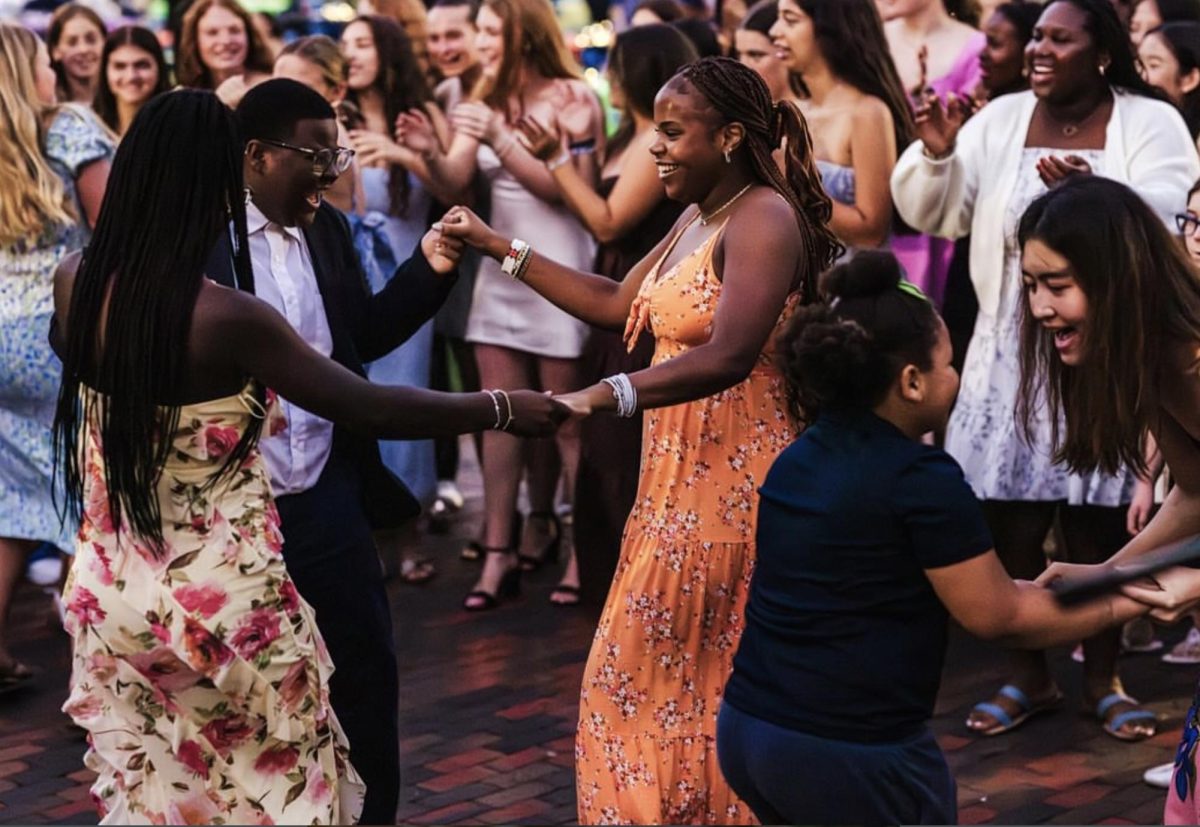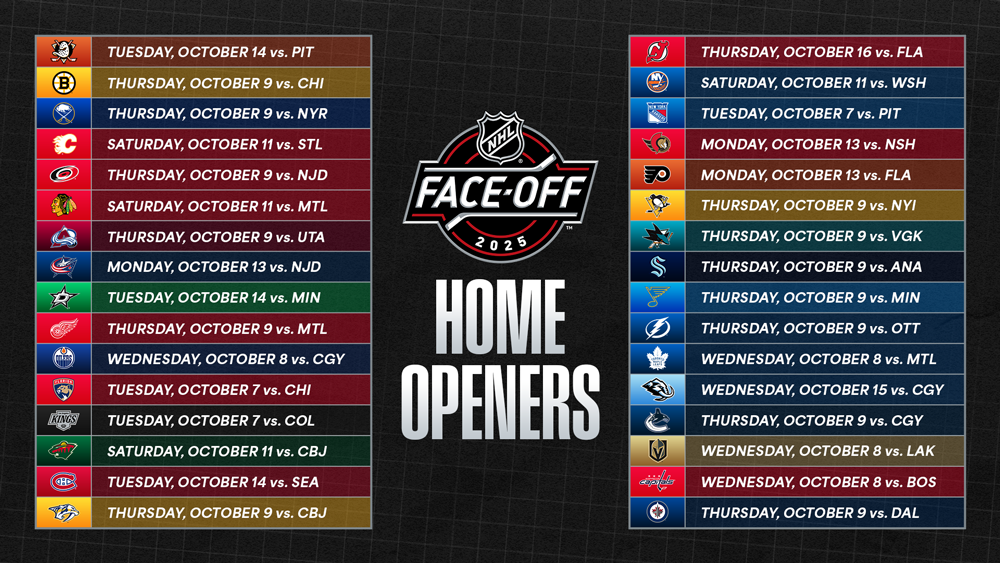Most people have stopped sending their Wordle results to their family group chats.
During the Covid pandemic, the vocabulary game Wordle became very popular; people, naturally, had lots more time on their hands. It has remained as a daily ritual for some. However, it seems that the Wordle trend has faded for others.
Wordle is a vocabulary game in which the player is given six guesses to determine a five-letter mystery word. With each guess, the game reveals if a letter is not used in the word, used in the word but is in the incorrect spot, or the correct letter in the correct spot.
As the game gained popularity, it also gained lots of attention from news outlets and the general public. It was bought by the New York Times from its original owner, Josh Wardle, in January 2022, for about $1 million. It then joined seven other games that the NYT offers to its subscribers. These include the Crossword, the Mini Crossword (aka the Mini), Connections, Spelling Bee, Letter Boxed, Tiles, and Vertex.
During the pandemic, many people used Wordle as a way to connect with friends and family members. In October of 2021, Wordle averaged about 300,000 users daily.
Veronika Bedard, a new faculty fellow in the History and Global Studies department, used Wordle as a way to connect with her mom and sister when they were not living together during the pandemic.
“We would often sort of compare our scores, and it was a good topic of conversation. [It was] something that we could talk about when we weren’t living together,” she said. “It was [a] fun little topic of conversation to chat about.”
Over time, their daily conversations about Wordle have faded, but Bedard still plays occasionally.
Ashley Sarmanian, a two-year boarder from Natick, Mass, forgot about Wordle all together.
“I used to do it [almost] every day. I honestly completely forgot it existed, and I definitely should start getting back to that,” she said.
Trends often fade for some and stick for others, but Wordle’s prevalence in daily life varies depending on who you ask.
For example, Jack Berrien, a six year senior from Easthampton, Mass., plays Wordle occasionally, but is an avid and daily player of the Mini Crossword and Spelling Bee. He enjoys playing “because it challenges [his] brain, and [he likes] to get points and get things right”.
Addison Perich, a three year sophomore day student from Westfield, Mass., plays Wordle and the rest of the NYT games every single day. It has become part of her daily routine, and it is a great way for people to start their days.
“I think it’s really great to help students kind of wake their brains up sometimes, [and] because it’s so quick and easy, it makes them think,” she said.
Something as simple and straightforward as Wordle encourages students to learn and focus without requiring a long attention span or too much thought.
Social media and the use of cell phones in general shortens attention spans due to the never-ending feed of new content that is constantly available. There is always something new to see or try, and focusing on one task can be challenging at times.
Bedard especially likes that Wordle and the other NYT games have remained popular. She said that she likes that it is “more of an active activity rather than passive” especially when compared to “scrolling on social media”.
There are many different variations of Wordle available online that offer brain games in many different areas. There is a geography version (Worldle), chemistry version (Chemicle), number version (Numberle), and many more.
Wordle may have hit its peak during the pandemic, but it still has lots of dedicated followers.




















